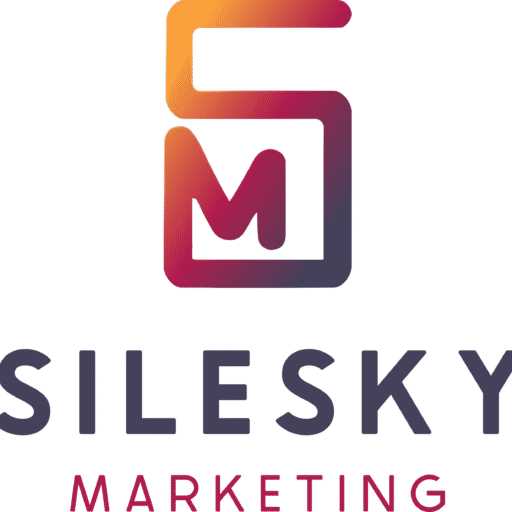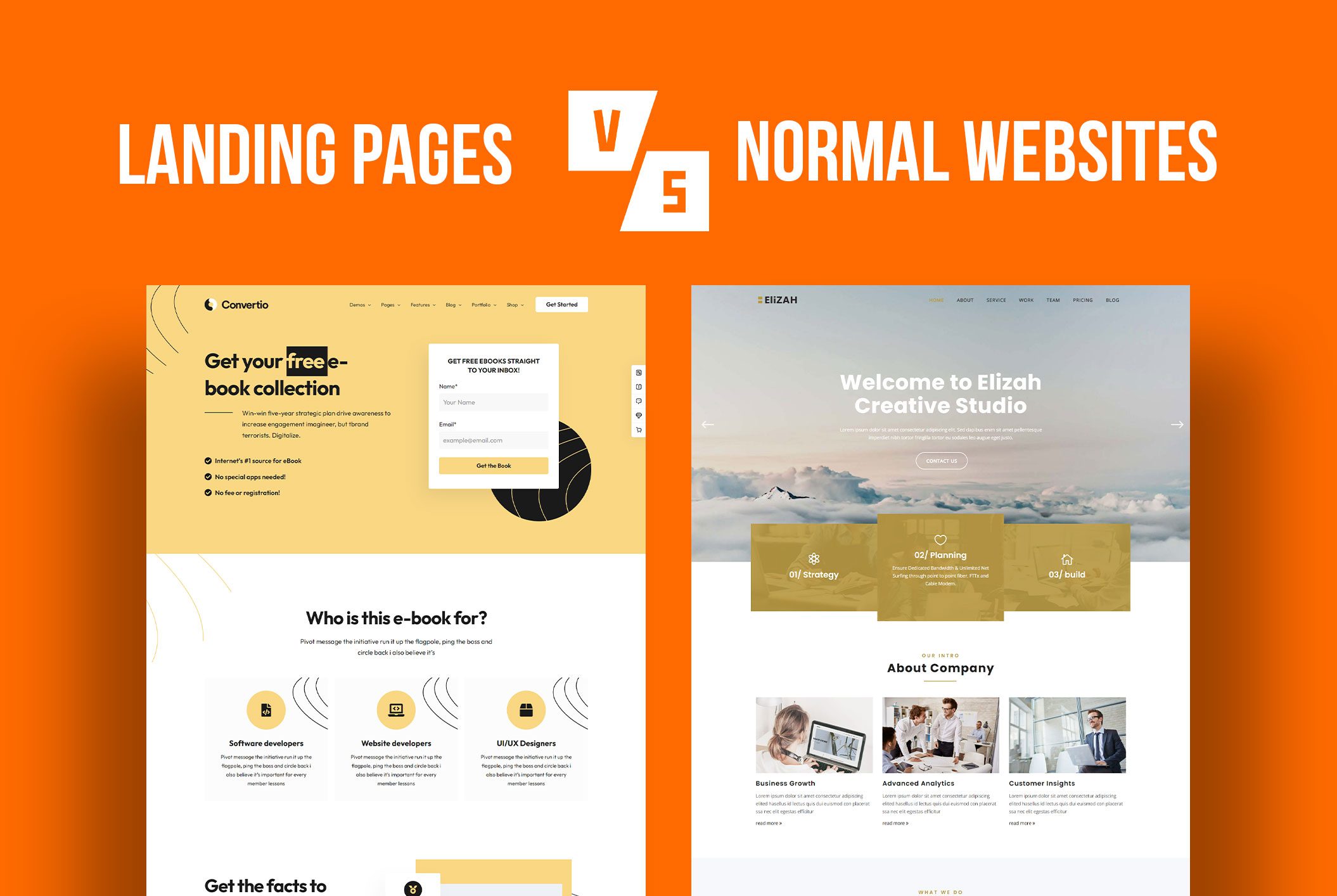In the bustling world of commerce, where trends shift and technologies evolve at breakneck speed, one aspect remains constant: the paramount importance of customers. Businesses thrive not merely by offering top-notch products or services but by establishing and nurturing robust relationships with their customers. Customer-centric marketing stands as the cornerstone for building strong customer relationships in an ever-competitive market landscape.
Understanding Customer-Centric Marketing
At its core, customer-centric marketing revolves around placing customers at the heart of every business strategy, decision, and interaction. This approach transcends mere transactions, seeking to comprehend and fulfill the diverse needs, preferences, and expectations of customers. Moreover, it is about listening, empathizing, and engaging with them at every touchpoint, crafting experiences that resonate and create lasting impressions.
The Evolution of Customer-Centricity
Historically, businesses focused on product-centric approaches, highlighting the features and benefits of their offerings. However, the digital age brought forth a paradigm shift, where consumers gained unprecedented access to information, choices, and platforms. This empowered customers to demand personalized experiences and meaningful engagements. Consequently, companies had to pivot towards customer-centric strategies to remain competitive.
Key Pillars of Customer-Centric Marketing
- Deep Customer Understanding: Customer-centricity begins with comprehending your audience. Utilize data analytics, surveys, social listening, and feedback mechanisms to gain insights into their behaviors, preferences, and pain points. This understanding serves as the foundation for crafting tailored marketing strategies.
- Personalization: Tailoring experiences based on individual preferences is pivotal. Whether through personalized emails, targeted ads, or customized product recommendations, personalization fosters a sense of being understood and valued, bolstering customer loyalty.
- Consistent Omni-channel Experience: Customers interact with brands across multiple touchpoints—online, offline, social media, and more. Ensuring a seamless, consistent experience across these channels is imperative. A cohesive approach reinforces brand identity and enhances customer trust.
- Proactive Communication: Engage with customers not just during transactions but throughout their journey. Anticipate their needs, offer timely support, and seek feedback. This two-way communication builds trust and strengthens relationships.
- Adaptability and Continuous Improvement: Markets evolve, and so do customer preferences. Embrace agility by constantly refining strategies, products, and services based on customer feedback and market trends.
Overcoming Challenges in Customer-Centric Marketing
- Data Privacy and Trust: With increasing concerns about data privacy, customers are cautious about sharing personal information. Businesses must prioritize transparency, ethical data practices, and stringent security measures to build and maintain trust. Offering clear opt-in/opt-out options and respecting customer preferences regarding data usage are crucial steps in this regard.
- Scalable Personalization: Implementing personalized experiences at scale remains a challenge. Leveraging advanced technologies like machine learning and AI can help automate and streamline the personalization process. By utilizing customer data effectively, businesses can deliver tailored experiences without overwhelming manual efforts.
- Adapting to Dynamic Customer Preferences: Customer preferences and behaviors are constantly evolving. Staying agile and responsive to these changes requires continuous monitoring of market trends, leveraging customer feedback loops, and swiftly adapting strategies to meet shifting demands.
Future Trends Shaping Customer-Centric Marketing
- AI-Driven Hyper-Personalization: AI technologies will play an increasingly significant role in delivering hyper-personalized experiences. Predictive analytics, chatbots, and recommendation engines will evolve to anticipate customer needs more accurately, enhancing personalized interactions.
- Sustainability and Social Responsibility: Consumers are gravitating towards brands that demonstrate a commitment to sustainability and social responsibility. Businesses embracing eco-friendly practices, ethical sourcing, and social initiatives will resonate better with conscious consumers, shaping customer preferences and loyalty.
- Voice and Visual Search: The rise of voice assistants and visual search technologies will transform how customers search for products and information. Optimizing marketing strategies for voice search and visual recognition will become imperative to stay visible and relevant in these evolving search landscapes.
- Augmented Reality (AR) and Virtual Reality (VR): AR and VR technologies will revolutionize the customer experience, allowing consumers to interact with products virtually. Implementing these immersive technologies in marketing strategies will provide customers with engaging and realistic experiences, influencing purchasing decisions.
Embracing the Future: Customer-Centric Evolution
In navigating the evolving landscape of customer-centric marketing, businesses must adapt, innovate, and prioritize customer needs and aspirations. Furthermore, overcoming challenges, embracing emerging trends, and staying committed to building genuine connections will define success in this customer-driven era. By infusing strategies with empathy, agility, and cutting-edge technology, businesses can forge enduring relationships and carve their path toward sustained growth and relevance in the market.
Benefits of Customer-Centric Marketing
- Enhanced Customer Loyalty: By prioritizing their needs, businesses foster trust and loyalty, leading to repeat purchases and long-term relationships.
- Increased Customer Lifetime Value: Satisfied customers tend to spend more and advocate for the brand, thereby increasing their lifetime value.
- Positive Brand Image: Brands that prioritize customers are perceived positively, leading to word-of-mouth recommendations and a strong brand image.
- Better Differentiation: Customer-centric approaches can become a competitive advantage by offering unique experiences that competitors find challenging to replicate.
- Improved ROI: Targeted marketing efforts and personalized experiences lead to more efficient use of resources, resulting in improved return on investment.
Real-World Examples of Customer-Centric Success
- Amazon: Renowned for its customer-centric approach, Amazon’s focus on personalization, seamless shopping experiences, and customer service has propelled its success.
- Zappos: This online shoe and clothing retailer is celebrated for its exceptional customer service, going above and beyond to satisfy customers, which in turn fosters loyalty.
- Apple: Known for its user-friendly interfaces, exceptional after-sales service, and community engagement, Apple prioritizes customer experience, contributing significantly to its brand loyalty.
Challenges and Future Trends
So, while customer-centric marketing offers myriad benefits, it’s not without challenges. Balancing data privacy concerns, maintaining personalization at scale, and adapting to rapidly changing customer preferences are some hurdles businesses face.
Conclusion
In an era where consumers are discerning and demanding, marketing emerges as the cornerstone of sustained business success. Additionally, by placing customers at the core of strategies, embracing personalization, and fostering meaningful connections, businesses can cultivate strong, enduring relationships that stand the test of time. As we move forward, the ability to understand, engage, and delight customers will continue to be the linchpin for businesses aiming to thrive in an increasingly competitive marketplace.





